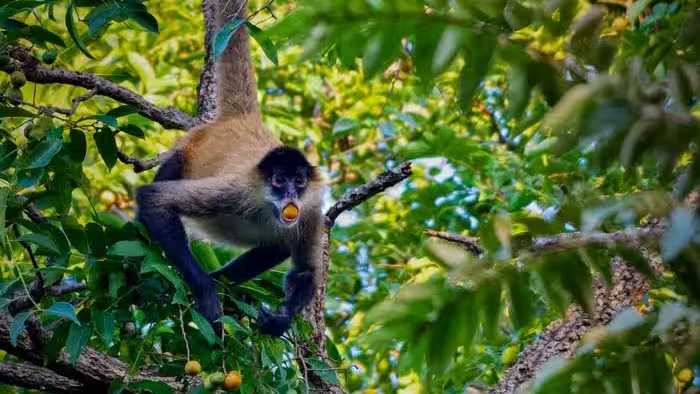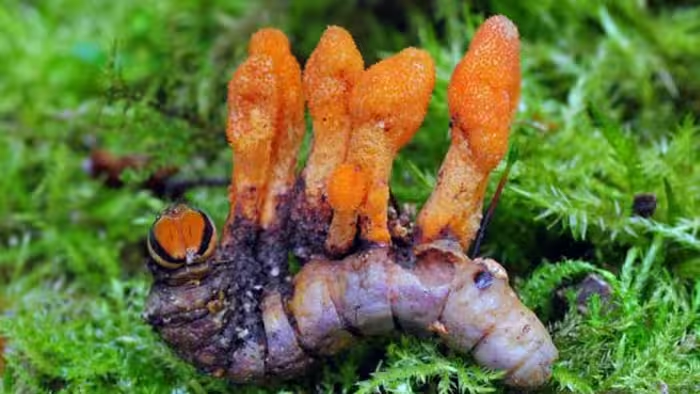Scientists recreate mouse from gene older than animal life

Researchers at Queen Mary University of London, UK, have grown mice using genes from single-celled organisms, revealing new insights into stem cell evolution.
Could lights stop shark attacks

Researchers at Macquarie University in Australia are developing light-based methods to disrupt shark vision by breaking up silhouettes, aiming to prevent future shark attacks.
Alcohol consumption among animals may not be as rare as previously thought

Alcohol consumption among non-human animals may not be as rare as previously thought, say ecologists
Research shows caterpillar fungus can slow down growth of cancer cells

Scientists at the UK’s University of Nottingham have discovered how caterpillar fungus compound cordycepin interrupts cancer cell growth by interacting with genes.
It’s not to be. Universe too short for Shakespeare typing monkeys

Mathematicians at the University of Technology Sydney in Australia have determined that monkeys typing Shakespeare is implausible due to the universe’s finite lifespan.
Giant rats could soon sniff out illegal elephant tusk and rhino horn

Researchers at Duke University in the USA have trained giant rats to sniff out trafficked wildlife like pangolin scales, aiding the fight against smuggling.
Solar-powered animal-plant hybrid cells

Researchers at the University of Tokyo, Japan, have successfully implanted chloroplasts from algae into hamster cells, enabling animal cells to photosynthesise for up to two days.
Dolphins sense military sonar at much lower levels than regulators predict

Researchers at the University of California, Santa Cruz, USA, discovered dolphins exhibit behavioural changes in response to military sonar at much lower sound levels than expected.
After injury, these comb jellies can fuse to become one

Researchers at the University of Exeter in the UK discovered that comb jellies can merge into a single organism, fusing their nervous systems and digestive tracts.
Spider fangs reveal surprises

Researchers at the University of Trento in Italy discovered that spiders’ fangs use unique serrated geometry to efficiently cut tough natural and synthetic fibres.
